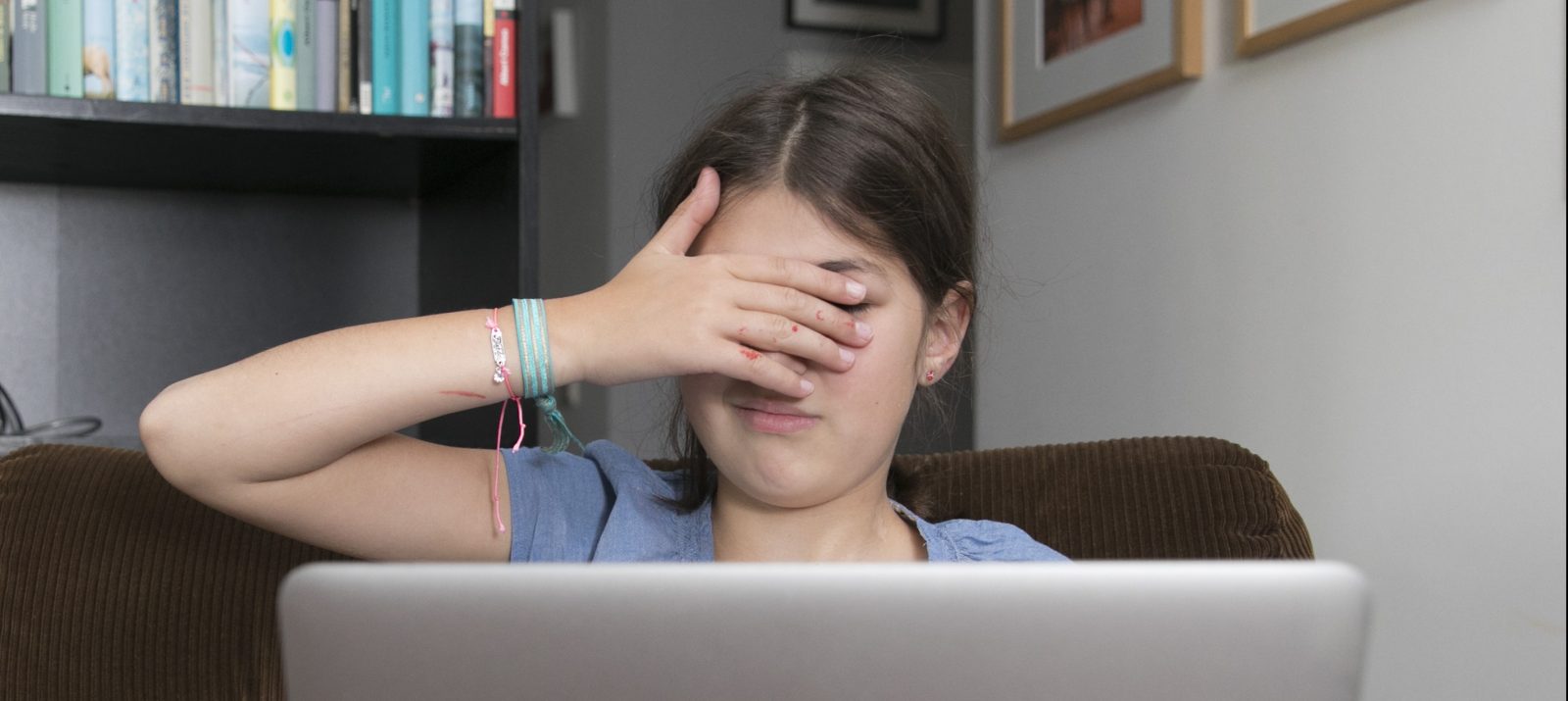
In the media and especially on the Internet, children and young people quickly come across problematic content that is not suitable for their age. They also sometimes spend so much time with media that they hardly do anything else.
Some therefore believe that children’s use of media should be severely limited or, in some cases, banned altogether. But does this make sense to protect children from harmful influences of media?
Media are as diverse as what can be seen, read and heard in them. The effects that media (content) has on people also differ greatly. The fact that children and young people are also very different means that we cannot speak of a general influence that media have on young people. For example, some children are more comfortable with violence in video games and movies than others.
Children and young people are not simply influenced from the outside. They actively engage with media or their favorite content and talk about it with friends. Young people also become producers of media content themselves and often even critically assess what they experience in their dealings with the media. Nevertheless, they need guidance in their media use.
On the Internet, young people repeatedly experience situations that overwhelm them and that they cannot handle alone. Some also spend a lot of time using digital media, which can then have a negative impact on their health. Some supposed experts have therefore been calling for a long time for media access for children to be banned or at least very severely restricted.
However, it is the case that young people come into contact with unpleasant content despite bans. For example, on the mobile devices of their friends. They are also often very adept at circumventing parental control settings, for example by providing a false year of birth.
Instead of banning the use of media, it makes more sense to teach children and young people how to use them. After all, it is only through exposure to the media that children and young people can develop important skills that they will also need later on in their everyday lives. As parents, you can support your children in this together with other people involved in media education.
Much media content is unsuitable for children and should not be accessible to them. It is important that your child uses age-appropriate media and is only allowed to navigate the Internet independently after a certain age, even though every child deals with media influences differently. Certain restrictions and fixed rules in the family are therefore necessary. However, it is just as important to explain and negotiate these restrictions and rules with each other. Complete media bans without justifications make little sense and may even increase the incentive to engage with this banned media (content). Instead, try to trust your child and give them space. You will not help your child achieve media literacy by banning all media, but by accompanying your child’s media use. To do this, always stay in communication with your child and with other parents.